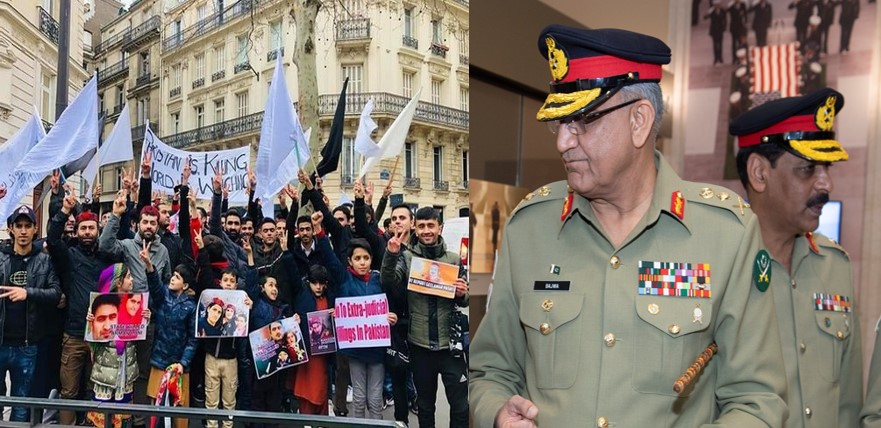
Pakistan Army: The Undoing of a ‘Holy Cow’
Wed, 30 Dec 2020 | Reading Time: 7 minutes

A few days back, when Prime Minister Imran Khan lamented that “This is the first time that Pakistan’s opposition has targeted the Pakistan Army in this way; there is no prior example of this,” he was no doubt telling the truth, and that too without any exaggeration because the army in Pakistan never had it so bad. Despite its dubious record of overthrowing democratically elected governments, failing to fulfil Pakistan’s national aspirations of ‘liberating’ Kashmir, and topping it all by its inability to defend erstwhile East Pakistan, the military has still managed to preserve its ‘holy cow’ image, which even its most rabid detractor would admit, is no mean achievement!
But then, everything has a ‘shelf-life’ and an army’s reputation is no exception, especially when it has been artificially propped-up by associating expression of unconditional respect for it as the sole indicator of patriotism, and any criticism an indisputable sign of anti-nationalism. So, if such an unprecedented low has been reached, where [according to Khan], “the criticism being dealt out these days, I am sorry to say, is using the language that India’s propaganda machine uses against the Pakistan Army,” then the situation for Rawalpindi is certainly critical and therefore merits deliberation.
Khan has been bemoaning the ongoing mudslinging at the Pakistan army for quite some time now and his concern seems to be genuine. Why else would one of his party member table a proposed amendment to Pakistan Penal Code in National Assembly that seeks to criminalise criticism of the army? But then, why blame the opposition for belittling the military when Khan himself is talking about the army’s criticism, day-in and day-out! So, instead of raising the dead with his unending cacophony in condemning the opposition’s criticism of the army, it would do Khan [and army chief Gen Qamar Javed Bajwa] some good to realistically introspect as to why are anti-army sentiments rapidly gaining momentum in Pakistan.
Therefore, rather than trying to wriggle out of this awkward situation by citing the unsubstantiated allegations contained in the recent EU Disinfo Lab report as being the sole reason for the outburst against both the government and army, there’s a need for Khan to look inwards, because there’s an adage that when anyone points an accusatory finger at someone else, three of his fingers are pointing at himself. On introspecting it will emerge that the majority of reasons that have contributed to creating a negative impression of the army is the doing of either the government or the military itself.
Even though Rawalpindi has always been in control of things in Pakistan, but it has been wise enough to ensure that the exercise of its absolute authority is done discreetly so as not to antagonise the public. Accordingly, military coups, which were ‘flavour-of-the-day’ up to the seventies, gave way to a more tactful system wherein army chiefs exercised control over other instruments of state from backstage- just like puppeteers do! [The 1999 military coup in which Gen Pervez Musharraf seized power was an aberration and a result of the then Prime Minister Nawaz Sharif upsetting the apple cart by daring to sack his army chief.]
The credit of perfecting the art of exercising supreme authority sans any responsibility goes to former army chief General Ashfaq Parvez Kayani. He was also the first army chief to get a service extension from a democratically elected government [of Syed Yousaf Raza Gilani] because although three Generals [Ayub, Zia ul Haq and Musharraf] had extended tenures before him, being dictators, they had extended their tenures]. Another army chief [Gen Wahid Kakar], was offered a service extension by the then Prime Minister Benazir Bhutto, but in keeping with military ethos, he declined the offer and gracefully retired.
So, while Khan may have nothing to do with Gen Kayani, but it’s the issue of granting service extension to an army chief which is the common link and it’s here that he comes in. Just like Gilani, Khan too granted Gen Bajwa a service extension, but the similarity ends here. Because while there was no significant opposition to Gen Kayani’s service extension both from lawmakers as well as the judiciary, in Gen Bajwa’s case, while the opposition raised serious objections, Pakistan’s Supreme Court went as far as initially staying this decision. Though Khan finally got this proposal through by making into law to extend the term of army chiefs, this episode left a rather bad taste in everybody’s mouth.
Firstly, Gen Bajwa had an initial handicap since he could not match the phenomenal charisma and popularity of his predecessor Gen Raheel Sharif. Furthermore, by refusing to bow out gracefully when the judiciary stayed his service extension, he came to be seen more as a power-hungry General rather than a suave army chief. So, while on the one hand there is the example of Gen Raheel Sharif, who despite widespread public demand to continue in service, displayed soldierly grace to make way for his successor by announcing that he wouldn’t serve beyond his normal tenure. On the other hand, there was Gen Bajwa who appeared to be desperate for an extension of service!
Secondly, unlike Gen Kayani and Gen Sharif who discreetly controlled the country while remaining in the background, Gen Bajwa’s approach was far more visible and this is where the problem started. In 2017 [a year after he became army chief], Gen Bajwa and Pakistan army’s image took a serious hit when a video showing Director-General of Punjab Rangers Maj Gen Azhar Navid Hayat distributing cash envelopes to pacify the Faizabad sit-in protesters went viral. What made matters worse was the audio part in which General Hayat can be heard telling a protester “This is a gift from us to you,” and then going on to say, “Aren’t we with you too?” [Emphasis added].
For long, the people of Pakistani had looked upon the army as a principled force with uncompromising convictions. But the shameful capitulation by the army, when faced with the Faizabad protest, left the people aghast and the mood prevailing then is aptly expressed in Samaa TV journalist Omar R Qureshi’s sarcastic tweet, “That’s a good use of taxpayers money — give some to members of a religious group that had paralysed Islamabad for days and damaged public property — and killed a policeman.” However, things didn’t end here and a few other incidents that aroused public anger are:
- In June 2018, while addressing a press conference, DGISPR shocked everyone present by admitting that “We have the capability to monitor it [social media],” [Emphasis added] and to prove this, even flashed a slide of a social media account that persistently posted anti-army tweets. Whereas he tried to make it sound like a security-related issue, but the actual intended Orwellian message that the Big- Brother’ [army] is watching’ was absolutely clear. As the idea of the military snooping into social media exchanges of citizens violates their right to privacy, netizens are obviously [and rightly] appalled as well as annoyed.
- During a media interaction session on April 29, 2019, when questioned about enforced disappearances, DG ISPR shocked everyone by saying, “We don’t want anyone to be missing, but war is ruthless. Everything is fair in love and war.” [Emphasis added]. So, was senior Pakistani journalist and author of ‘The Scorpion’s Tail: the relentless rise of Islamic militant in Pakistan and Frontline Pakistan’, Zahid Hussain wrong [or an Indian agent], when he tweeted “Should DG ISPR pontificate on politics and other issues that does come under his domain? Then he should not object when the military is criticized.” Similarly, was noted columnist and activist Usama Khilji denigrating Pakistan army when he tweeted, “It is alarming that DG ISPR is talking like he heads a political party in Pakistan by taking digs at political leaders, clearly overstepping his role as military spokesperson. The army should let politics be in the Parliament and focus on its constitutional duty of security”? [Emphasis added].
- In October last year, Gen Bajwa made a very valid point when he said that “national security is intimately linked to the economy while prosperity is a function of balance in security needs and economic growth.” But does the security-economy-prosperity interplay legitimise an army chief’s decision of calling for and presiding over a meeting of business honchos, with no government representatives in attendance?
- On September 16, 2020, Gen Bajwa and his ISI chief held a meeting with about 15 politicians belonging to various opposition political parties and the attendees were instructed not to disclose that such a meeting had taken place. If the army chief’s inexplicable decision to talk with opposition political party leaders is intriguing, then his attempt to keep it a secret is even more bewildering and not including any member of the ruling party makes a mockery of democracy! Wouldn’t the attempt to keep this meeting a secret, anger the public?
- In the last three years, there has been a marked increase in the number of persons critical of the military establishment being abducted. Although the army has denied any involvement, there are no plausible motives to suspect the involvement of any other entity or individuals. Moreover, the modus operandi of these abductions indicates the involvement of an agency that has remarkable expertise in abducting civilians as well as the extrajudicial power to do so with complete impunity, and such strongarm tactics are alienating the army from the people of Pakistan. A few examples of how the Pakistan army is using ISI to intimidate and terrorise civilians:
- Between January 4 and 7, 2017, five critics of Pakistan army [ Salman Haider, Waqas Goraya, Aasim Saeed, Samar Abbas and Ahmad Raza Naseer] were abducted from different cities – a feat that only a very well organised outfit like ISI could accomplish.
- On June 5, 2018, Ms Gul Bukhari, a reputed Pakistani writer and activist who is also a harsh critic of the army meddling in politics, was kidnapped when she was transiting through Pakistan army’s high-security Lahore cantonment. Her driver subsequently told friends that the abduction was a well-planned affair- men in military uniforms stood guard while others in plainclothes dragged Ms Bukhari out of her car, put her into another vehicle and scurried away!
- In October 2018, noted human rights activist and chairperson of ‘Aware Girls’ and ‘Seeds of Peace Network’ Ms Gulail Ismail was detained by police at Islamabad airport on her return after attending a ‘Humanist UK conference in the United Kingdom. During her trial, the deputy attorney general who represented the federal government told the court that Ms Ismail’s name had been placed on the Exit Control List on ‘recommendation’ [a euphemism for ‘order’] of the ISI.
- On July 21, 2020, Matiullah Jan, a senior journalist and vocal critic of Pakistan’s military establishment was abducted from his car in broad daylight from outside a school in Islamabad after he had dropped his wife who taught there. This abduction, which was captured on CCTV, showed 8-10 men wearing anti-terrorist police squad uniforms methodically going about their job without showing any signs of panic whatsoever. The police have denied any involvement and this is believable, as the cops had nothing against Jan. Furthermore, why should the police carry out the abduction in broad daylight and that too while wearing their official uniforms, when they could easily do so in a clandestine manner by a ‘midnight knock’ on his door?
It’s not only media persons, rights activists and bloggers in Pakistan who are accusing the army of exceeding its brief by becoming a law unto itself. On July 21, 2018, while addressing the Rawalpindi Bar Association, Justice Shaukat Siddiqui, one of the senior-most sitting judge of Islamabad High Court, made some very sensational disclosures. He revealed that “Today the judiciary and media have come in the control of ‘Bandookwala’ [army]. Judiciary is not independent. Even the media is getting directions from the military. The media is not speaking the truth because it is under pressure and has its interests.” He then confirmed what was suspected all along, by admitting that, “In different cases, the ISI forms benches of its choice to get desired results.” [Emphasis added].
Khan should realise that given the near-totalitarian domestic environment that the military has created by brazenly undermining the legislature and judiciary, public resentment against the “bandookwala” is but natural, and the opposition, therefore, has all the reasons for accusing him of being a prime minister who has been “selected” by the army and not elected by the people!
Disclaimer
The opinions expressed in this article are the author’s own and do not reflect the views of Chanakya Forum. All information provided in this article including timeliness, completeness, accuracy, suitability or validity of information referenced therein, is the sole responsibility of the author. www.chanakyaforum.com does not assume any responsibility for the same.
Chanakya Forum is now on . Click here to join our channel (@ChanakyaForum) and stay updated with the latest headlines and articles.
Important
We work round the clock to bring you the finest articles and updates from around the world. There is a team that works tirelessly to ensure that you have a seamless reading experience. But all this costs money. Please support us so that we keep doing what we do best. Happy Reading
Support Us





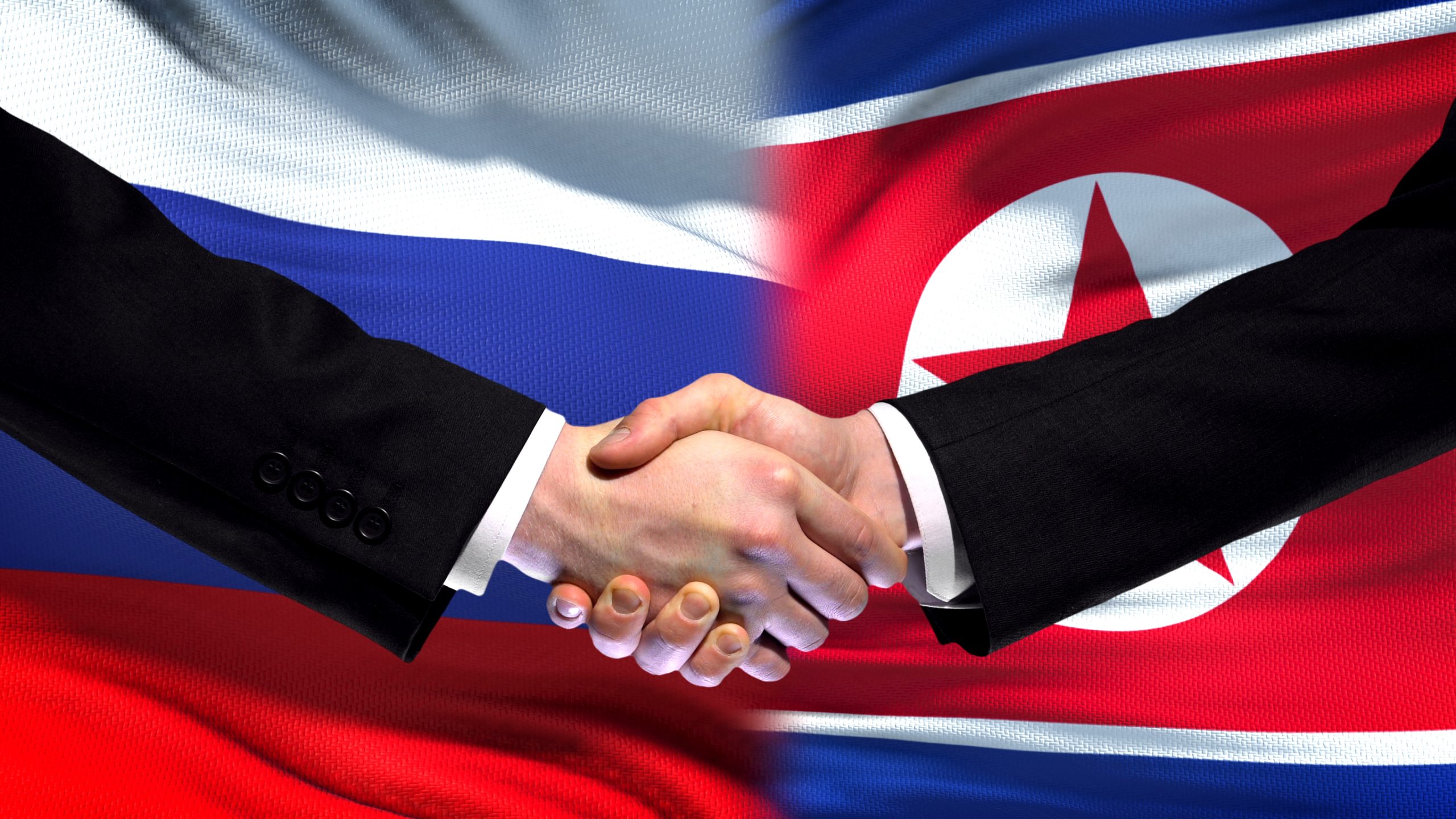
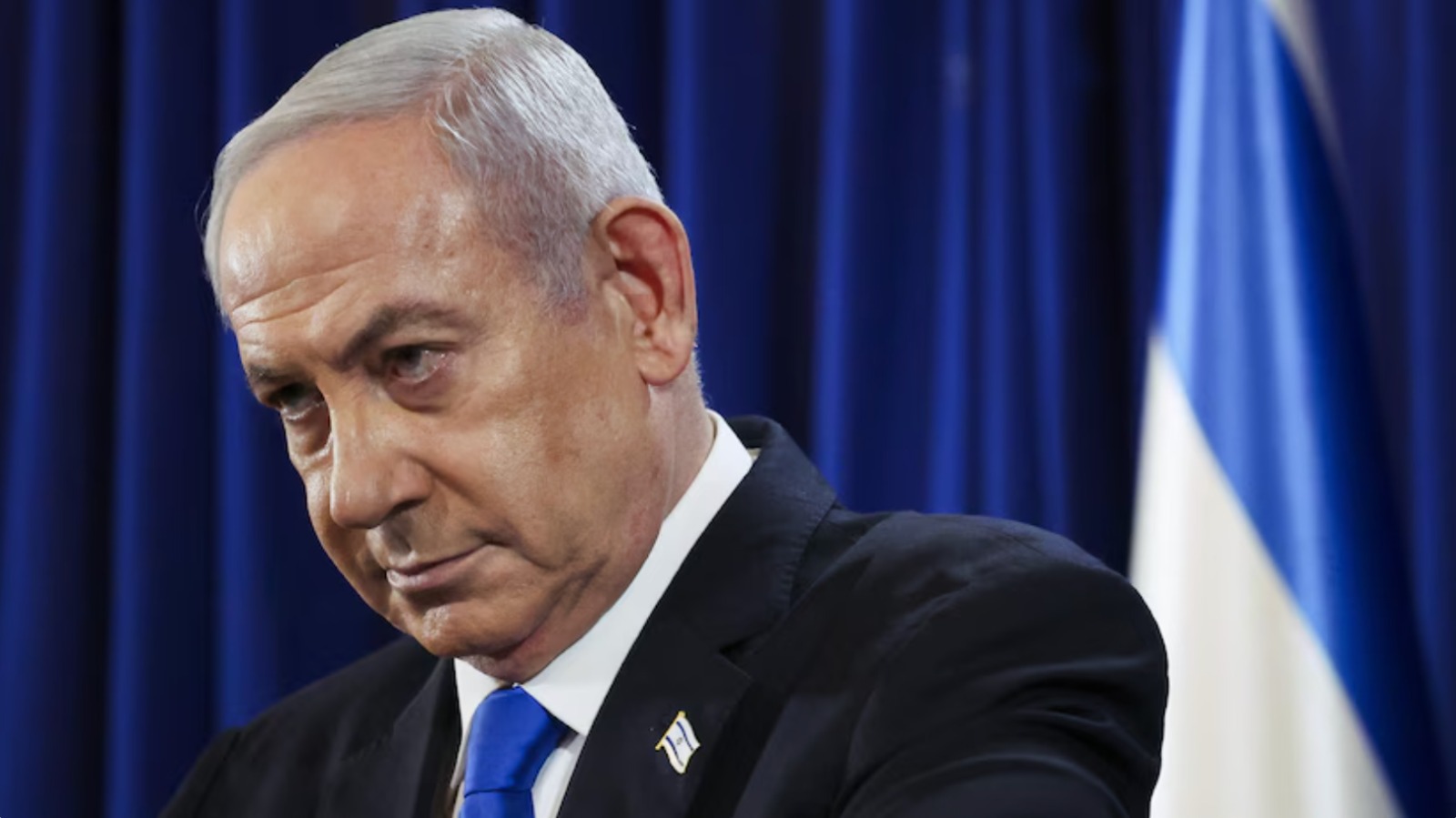
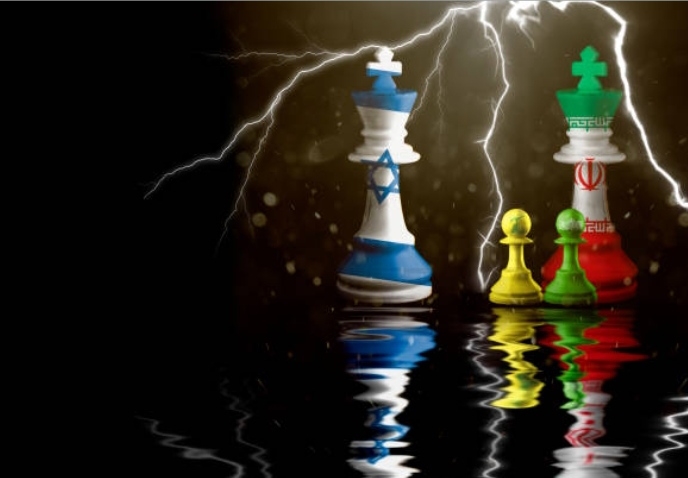

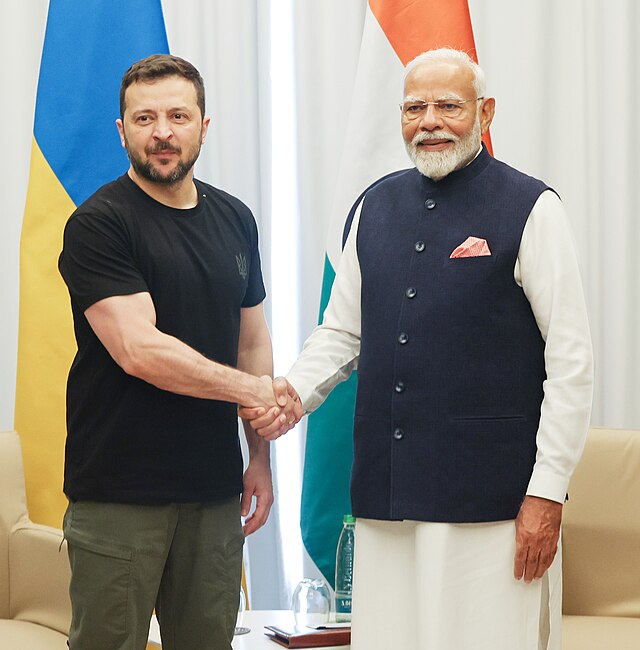
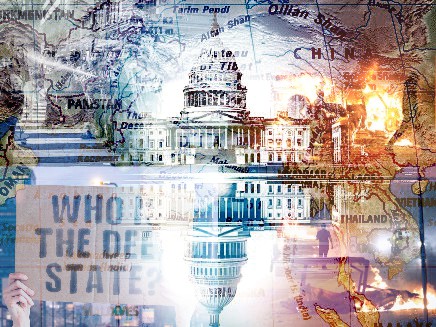
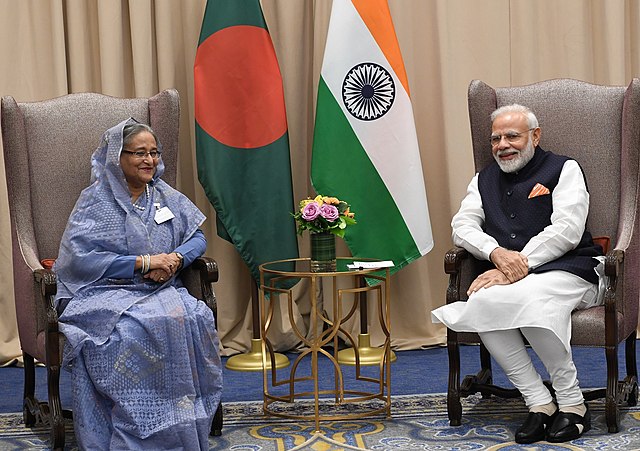
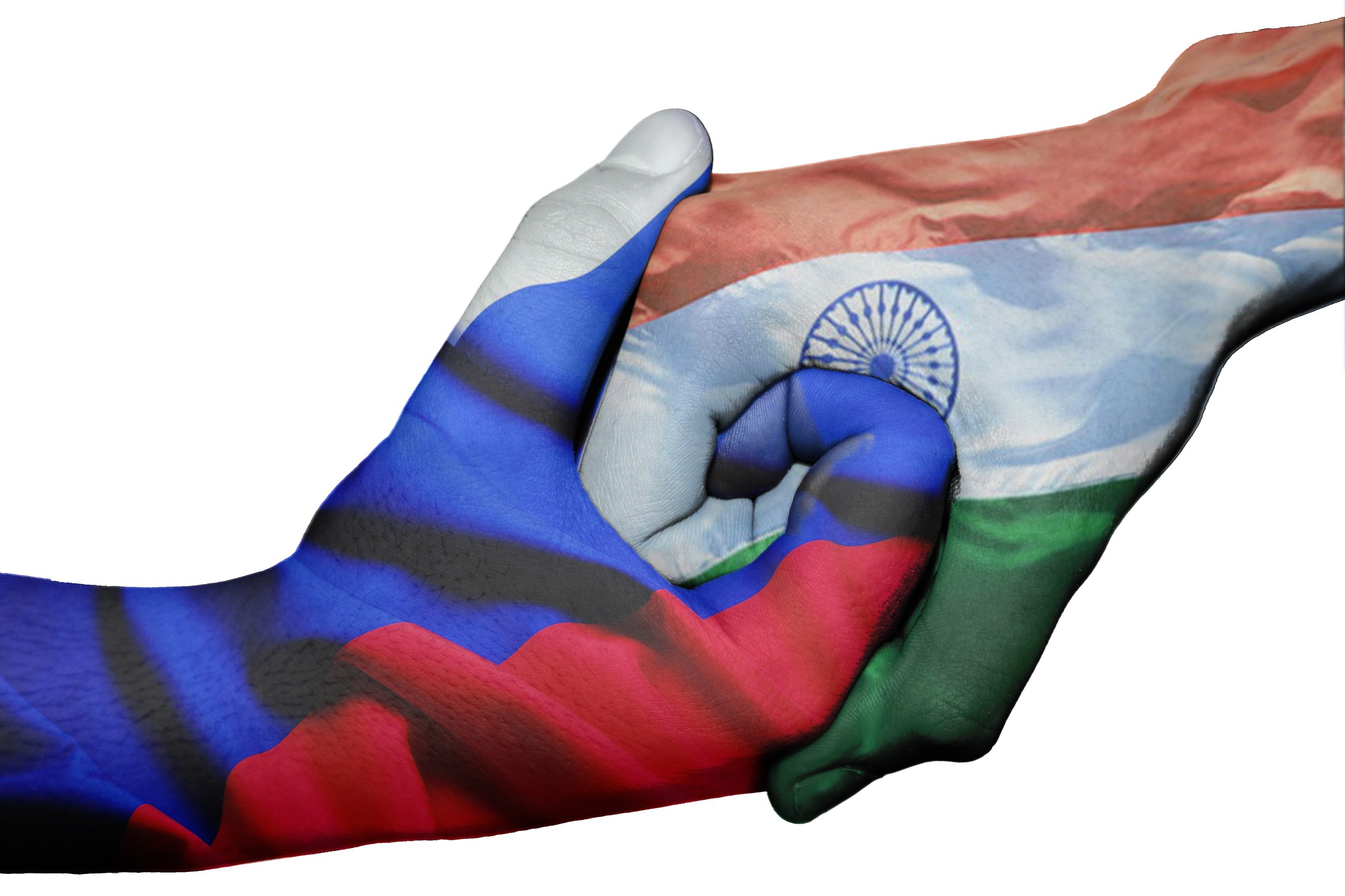
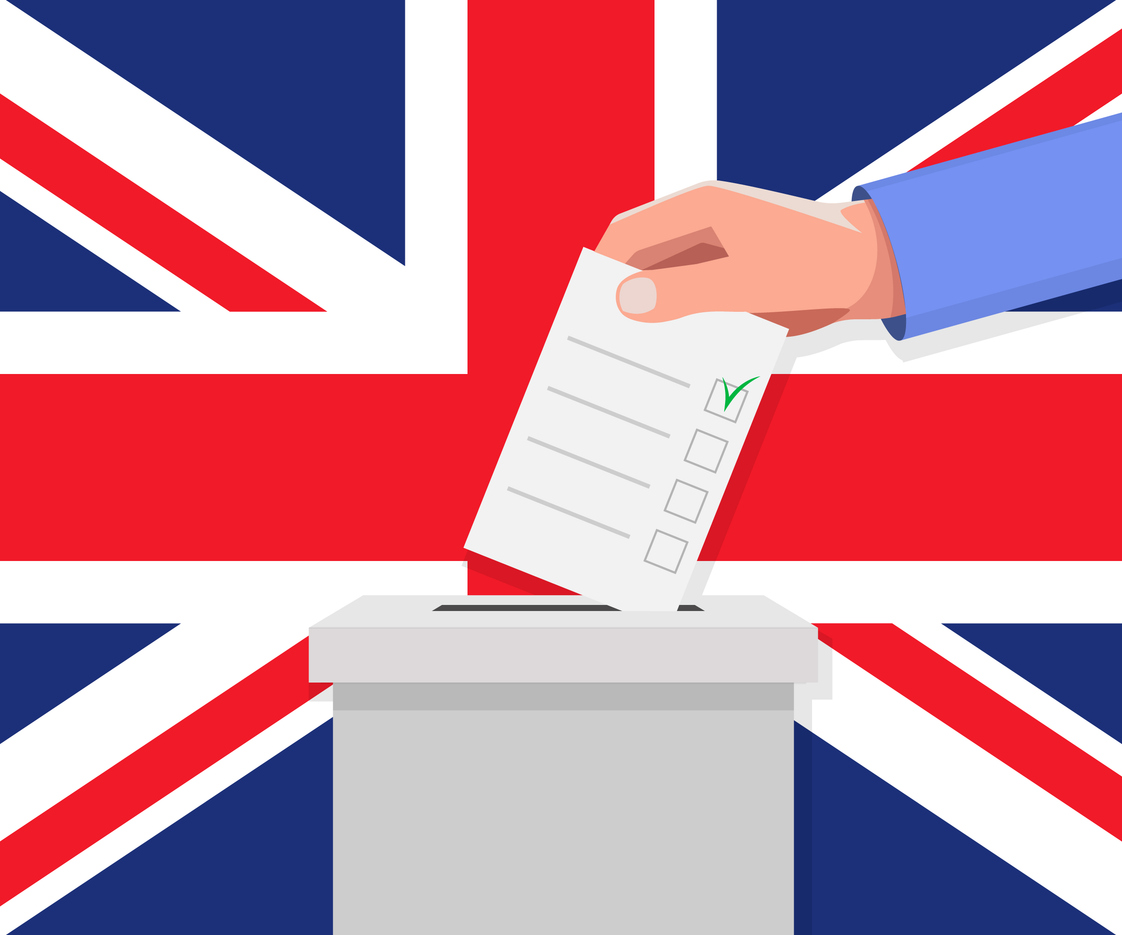






POST COMMENTS (0)